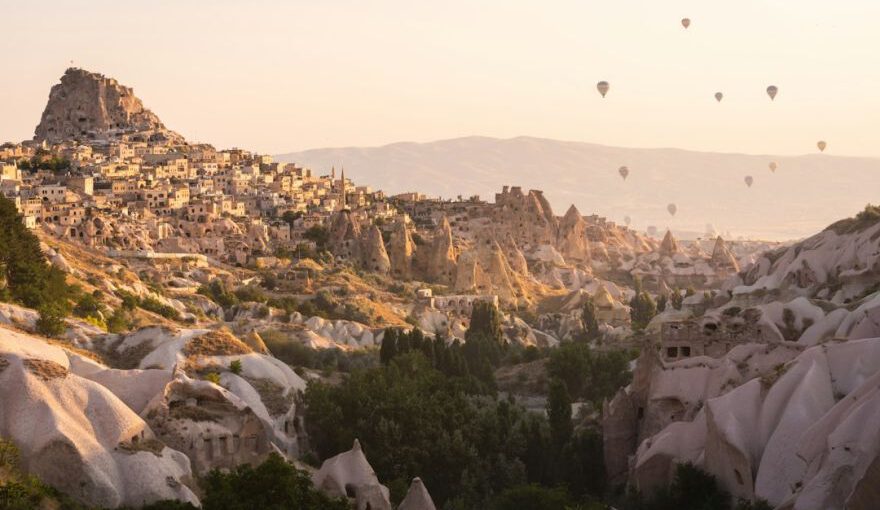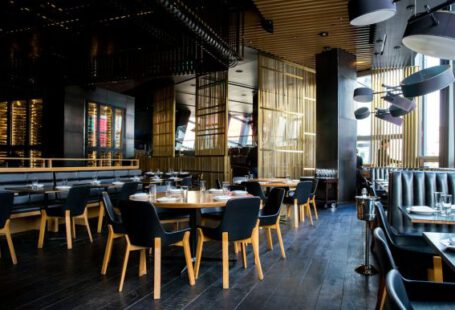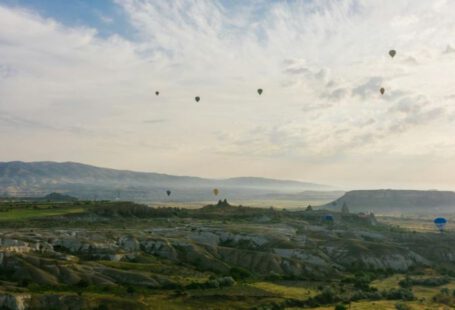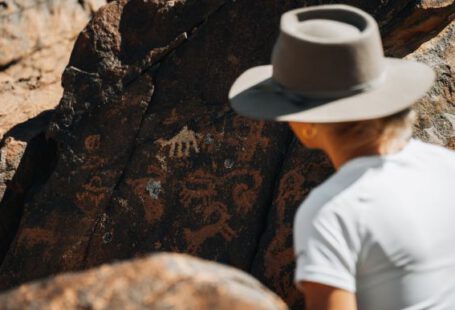Nestled in the heart of Turkey, Cappadocia is a region known for its stunning landscapes, unique rock formations, and rich history. While many tourists come to Cappadocia to witness the beauty of its famous fairy chimneys and explore its underground cities, few venture beyond the popular tourist spots to experience the traditional way of life in the region. If you truly want to immerse yourself in the local culture and get a glimpse of traditional Cappadocian life, a guided village tour is a must.
Discover the Hidden Gems of Cappadocia’s Villages
Cappadocia is home to several charming villages, each offering a different perspective on the region’s traditional way of life. A guided village tour will take you off the beaten path and allow you to explore these hidden gems. From the picturesque village of Mustafapaşa, with its Greek and Ottoman influences, to the ancient village of Çavuşin, where time seems to stand still, you will have the opportunity to step back in time and witness the daily rituals and customs of the locals.
Experience Authentic Village Life
One of the highlights of a guided village tour in Cappadocia is the chance to interact with the local community and experience their way of life firsthand. You will have the opportunity to visit traditional houses and see how locals live, work, and socialize. From watching women weaving carpets on ancient looms to witnessing the art of pottery-making, you will gain a deep appreciation for the skills and craftsmanship that have been passed down through generations.
Taste the Flavors of Cappadocia
No visit to Cappadocia is complete without indulging in its delicious cuisine. A guided village tour will take you to local markets and eateries where you can savor traditional Cappadocian dishes. From hearty stews and kebabs to sweet pastries and desserts, the flavors of Cappadocia are sure to tantalize your taste buds. You may even have the opportunity to learn how to cook some of these dishes yourself, as locals are often more than happy to share their culinary secrets.
Explore Ancient Churches and Monasteries
Cappadocia is also known for its impressive collection of rock-cut churches and monasteries. A guided village tour will take you to these hidden religious sites, where you can marvel at the intricate frescoes that adorn the walls and ceilings. From the Dark Church in Göreme to the Tokalı Church in the village of Çavuşin, each site has its own unique story to tell and provides a fascinating glimpse into the region’s religious history.
Witness Traditional Festivals and Celebrations
If you’re lucky enough to visit Cappadocia during a traditional festival or celebration, a guided village tour will allow you to witness these vibrant events up close. From the Whirling Dervishes ceremonies to the Hıdırellez Spring Festival, you will have the opportunity to participate in age-old traditions and experience the joy and excitement of the locals. These festivals are not only a celebration of Cappadocia’s cultural heritage but also a chance to connect with the community on a deeper level.
Support the Local Economy
By participating in a guided village tour, you are not only getting a unique cultural experience but also supporting the local economy. Many of the villages in Cappadocia rely heavily on tourism, and your visit will contribute to the livelihood of the local community. From purchasing handmade crafts to enjoying a meal at a local restaurant, your tourism dollars will have a direct positive impact on the lives of the people who call Cappadocia home.
In conclusion, a guided village tour in Cappadocia is a fantastic way to see beyond the tourist attractions and get a glimpse of traditional Cappadocian life. From exploring hidden villages and experiencing authentic village life to tasting the flavors of Cappadocia and witnessing traditional festivals, the tour offers a unique and immersive cultural experience. So, if you’re planning a trip to Cappadocia, make sure to include a guided village tour in your itinerary to truly discover the heart and soul of this remarkable region.





